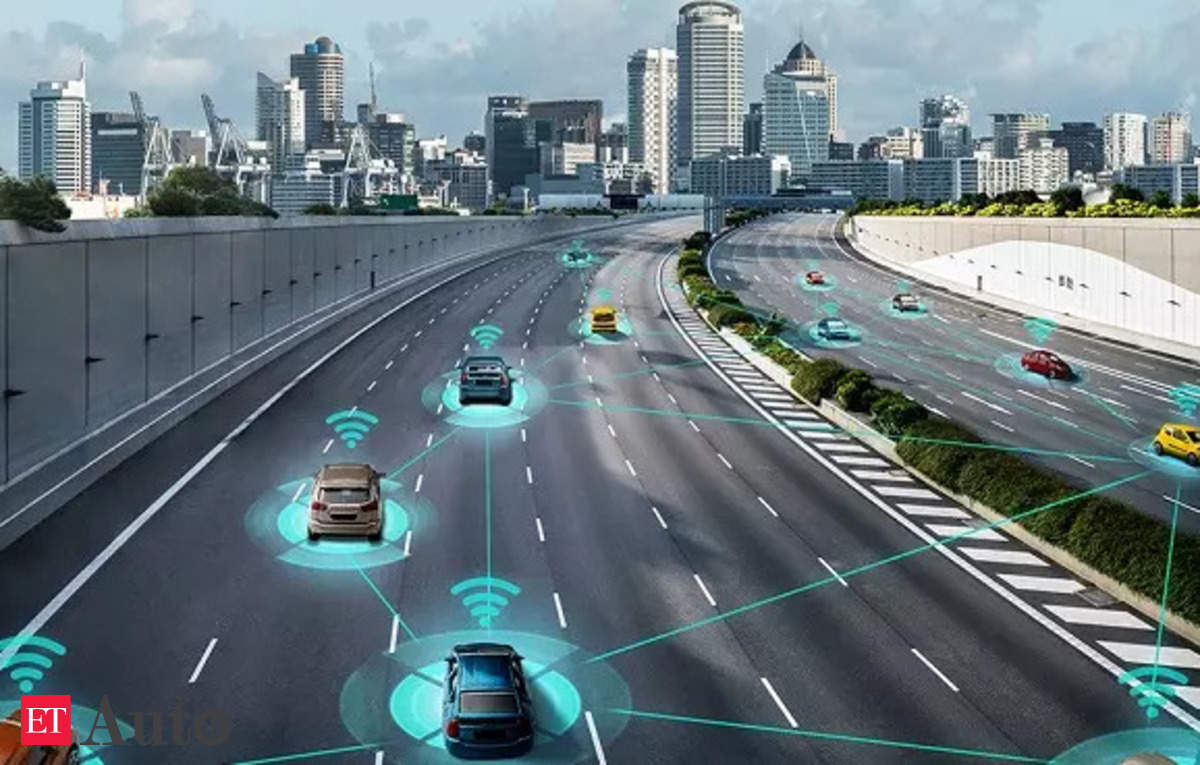New Delhi: In today’s increasingly transformative world of mobility, the connected vehicles platform (CVP) has emerged as a cornerstone of innovation, rapidly transforming how fleet owners interact with vehicles and the ecosystem. Initially focused on simple location services, connected vehicles in India today encompass a broad spectrum of advanced functions including real-time vehicle diagnostics, fuel efficiency insights, and driver behavior analytics. This expansion signals a significant leap in operational efficiency and has fundamentally transformed fleet management and stakeholder experience.The impact of CVP in India has been significant, thus far. By enabling real-time monitoring, it has improved fleet management for businesses, reducing fuel consumption and improving asset uptime through predictive maintenance. For drivers, CVP has enhanced safety features, based on driving behaviour, and even has aided in emergency responses through automatic crash notifications. These advancements have not only increased the value proposition of connected vehicles as a solution but are slowly fostering a culture of informed driving practices for the commercial vehicle industry at large.
Reflecting this growth, India’s connected truck market is expected to see a rapid uptick in adoption, soaring from an estimated USD 51.6 million in 2022 to USD 205.6 million in 2027. As we navigate a period where technology continues to present new possibilities, the role and application of CVP is set to evolve further. Its potential remains vast, with opportunities ranging from fleet financing to advanced AI-driven insights, promising a future wherein the platform becomes an indispensable tool in our pursuit of a safer, more efficient, and sustainable transportation ecosystem.
Emerging Opportunities
The road ahead for CVP is to revolutionize not only how we manage vehicles but also how we envision mobility and transportation in the broader context. In fleet financing, it can overhaul traditional models by harnessing detailed vehicle usage and risk assessment data. This will facilitate creation of tailored financing solutions, reducing costs and improving accessibility for fleet operators.
Furthermore, CVP can also assist the insurance industry by enabling usage-based insurance models. Insurance companies can leverage connected vehicles data to assess fleet usage more accurately. This could lead to fairer premiums based on actual vehicle utilization and driving behaviour. In emergency response services, the immediacy and accuracy of connected vehicles data can be a game-changer, enabling quicker dispatch of services to incident locations, potentially saving lives and reducing the impact of accidents and emergencies.
In the coming years, the integration of sophisticated connected vehicle platform systems can lead to greater efficiency and optimization. While the platform currently provides valuable insights into driver behavior and vehicle performance, the integration of Artificial Intelligence (AI) and Machine Learning (ML) technologies will elevate these capabilities as AI and ML algorithms excel at recognizing complex patterns and correlations within vast datasets, enabling them to uncover subtle trends. Moreover, these technologies are adept at detecting anomalies and deviations from normal behavior, allowing fleet owners to identify potential issues such as aggressive driving or mechanical problems more effectively.
By leveraging historical data and real-time inputs, AI and ML models can also predict future outcomes with greater accuracy, enabling proactive maintenance scheduling and optimized route planning. In fact, Tata Motors already uses ML in its fleet management solution, Fleet Edge, which connects over 600,000 commercial vehicles across the country to analyse real world customer usage and offers solutions to its customers to significantly reduce their fuel consumption. Through smart technologies, Fleet Edge provides in-depth insights and analytics to enhance fleet performance, operational efficiency, and thus customer profitability.
The Road Ahead
The future of connected vehicles in India is fuelled by technological advancements and the growing demand for connectivity. This emphasizes the importance of seamless integration and real-time data exchange among ecosystem players for wider connected vehicles enabled use cases and adoption. Additionally, government initiatives promoting digitalization and road safety will further accelerate adoption of connected vehicles platforms across sectors. As the industry evolves, the convergence of technology, customer demands, and regulatory frameworks will drive a transformative shift towards highly intelligent and interconnected transportation ecosystems, placing the need for connected vehicles at the forefront.
(Disclaimer: Bharat Bhushan is Head, Digital Business, Tata Motors Commercial Vehicles. Views are personal.)





